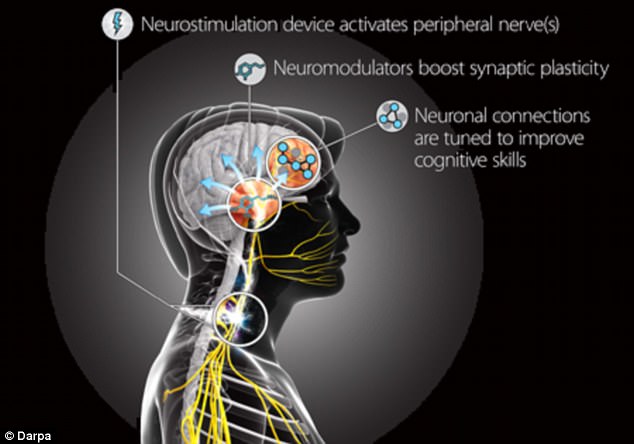Elon Musk’s Neuralink Will Reveal Brain Interface Progress Within 23 Hours
Elon Musk’s brain interface company, Neuralink, will have a live-streamed event starting tomorrow, Tuesday, July 16 at 8PM PST. * In November, 2018, Elon said Neuralink would create microcontrollers to further advance computer-brain interface technology. * Elon has also said the brain interface technology could mitigate severe brain injuries (stroke, cancer lesion, congenital) in about …











